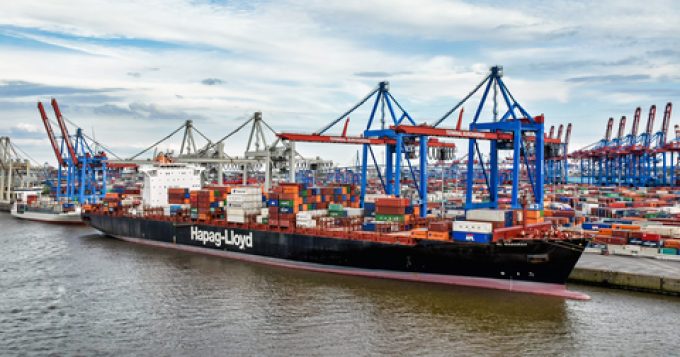Schedule reliability on the rise despite European port congestion
Despite ongoing reports and warnings of worsening port congestion levels in North European ports, container ...

With the container shipping industry seemingly unable to improve its schedule reliability scores beyond the mid-50% range since the autumn, questions continue to be raised about the forthcoming Gemini cooperation’s on-time targets.
The Gemini carriers – Maersk and Hapag-Lloyd – have set out a 90% on-time ...
MSC switches two more Asia-Europe port calls from congested Antwerp
Front-loading frenzy has made traditional H2 peak season 'unlikely'
Canada and Mexico get cosy with trade plan to bypass US
Tradelanes: Export boom in Indian sub-continent triggers rise in airfreight rates
Carriers introduce surcharges as congestion builds at African ports
Mexican airport modernisation plan unlikely to boost cargo facilities
Ports and supply chain operators weigh in on funding for CPB
Tradelanes: Overcapacity on Asia-S America impacting alliances and rates

Comment on this article